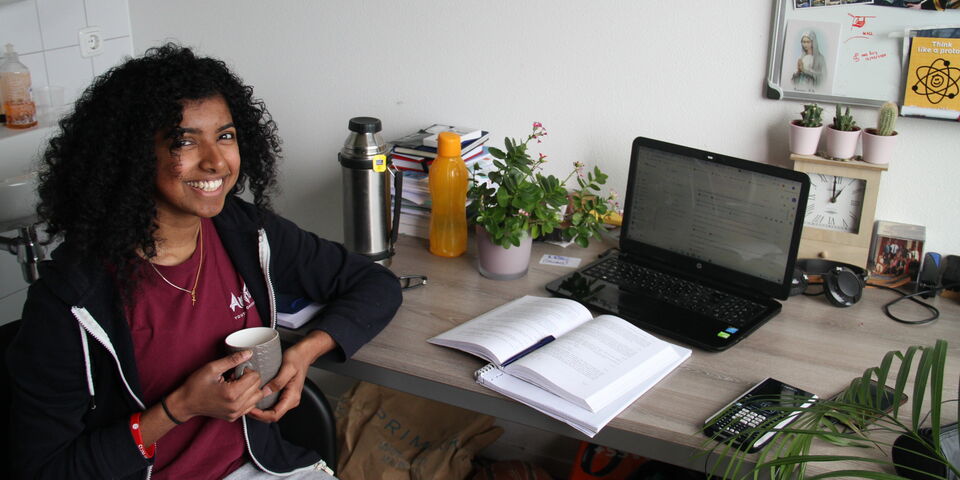Inclusive at university
We have all hopefully caught up on George Floyd’s murder case that happened in the United States. With protests and outrages happening at a global level, and all of this in the middle of a pandemic, I pause for a moment to just ask: “What on Earth is going on?!”.
Sitting down to write, one interesting thought that crossed my mind, also because this is a university news site, is how we at a university setting may be experiencing racism? You would say, “Me? Racist? Never!”. Let’s change it up a little bit: “How have you engaged in practices encouraging or discouraging social inclusion (especially that of minorities)?”
Switch to English
In my first year, I remember walking into my study association living room/office and in the first few moments I was already quite uncomfortable. Seated on the couches were tall Dutch guys whom I didn’t know, who were talking loudly - in Dutch of course. I had to do some work for the department magazine so I sat down on one of the couches. Seated between them I was nervous, anxious and felt such strong discomfort. I had the urge to ask them to switch to English or somehow just start a conversation with them but being a first year and being a minority, this was not an easy task.
Let me be clear, I am not trying to blame all the Dutch. I have also been between very considerate and inclusive Dutch people who point out to the whole group that there is a non-Dutch speaker and immediately switch languages. Some even apologize, which makes me feel a sort of warmth. Often Dutch is also what just naturally comes to them for obvious reasons, and just asking them “Could you please switch to English?” is all that is needed but I agree that this is not easy to do and quite tiring if you have done it multiple times. On the other hand, I believe that as internationals living in the Netherlands we also have an unsaid responsibility to try to pick up Dutch.
Inclusive lunch
Inclusiveness is not just about switching languages. It can also be taken to a level of how you welcome someone new at your lunch table for instance. I have had instances where I bring along a friend of mine to eat lunch with a group who doesn’t know him/her. How do they welcome him/her? There are some groups which are relatively inclusive and you can see this by how they show interest in getting to know the newcomer and his/her background. You start with questions about studies, where they are from, what they are eating for lunch etc etc. On the other hand, there have also been instances where people just say “Hi” and continue with insider conversations without trying to include the newcomer. Sometimes the newcomer asks questions, as an effort to try to fit in and get to know the crowd, but the group answers without reciprocating a question. Quite sad, isn’t it?
Comfort cocoons
As humans we are naturally inclined to form groups with people who share similar cultures, backgrounds etc- Indians with Indians, internationals with internationals, physicists with physicists etc. I am a victim to this inclination myself. We like to be in our comfort cocoons because that’s easy. However, as we all know, diversity increases performance. When people from different nationalities, mindsets, backgrounds, experiences, disciplines etc work together we get an output that is also more inclusive. Inclusiveness as a principle can be put into action through diversity in groups. Would you agree?
As a suggestion, the next time you host a dinner, invite that classmate who always sits alone and barely interacts with anyone. Try to make your parties not just with the same group of people but mix it up. Well, all this after the pandemic has come to an end of course :P


Discussion